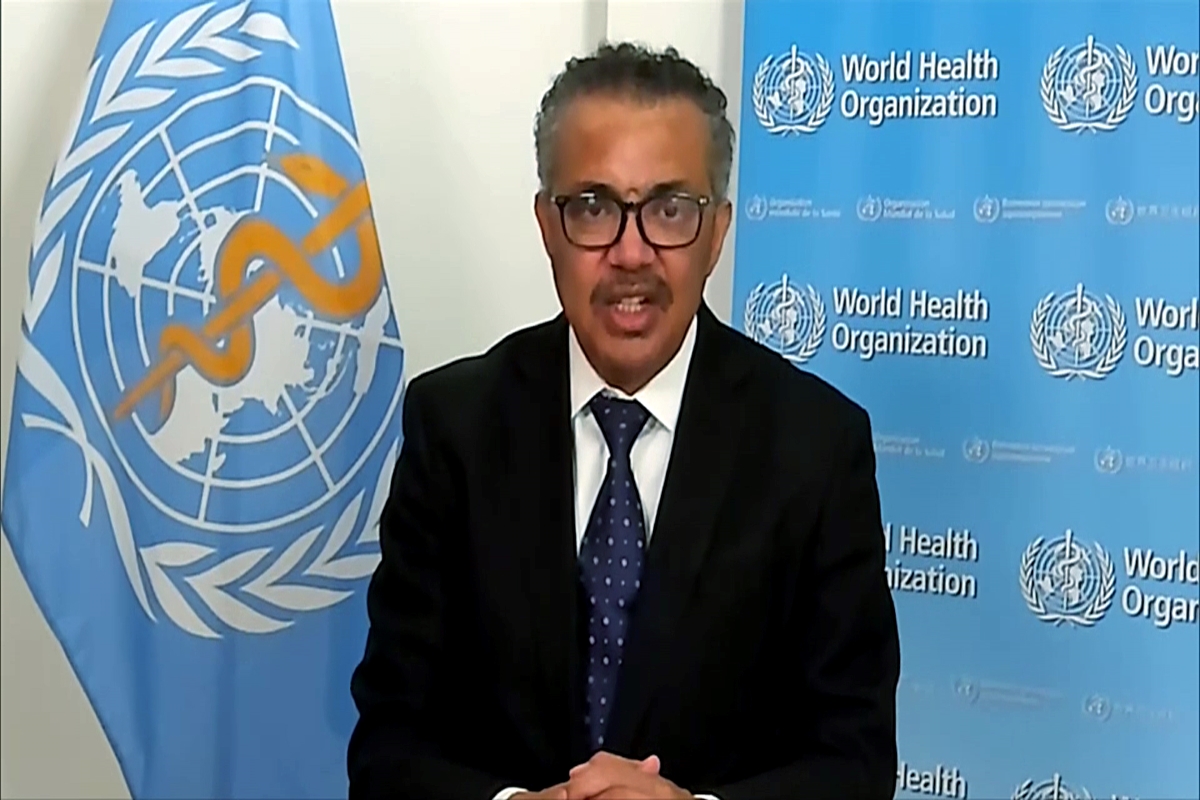UN chief urges efforts to end crisis in Congo
UN Secretary-General Antonio Guterres has called for more efforts to end the crisis in the eastern Democratic Republic of the Congo (DRC).
The WHO noted that the rapid growth rate is likely to be a combination of both immune evasion and intrinsic increased transmissibility of the Omicron variant.

ANI Photo
The overall risk related to Omicron remains “very high”, the World Health Organization (WHO) said on Wednesday as the world continues to witness the surge in global Covid-19 cases.
The weekly epidemiological update by WHO revealed the week of December 20-26 saw the global number of new Covid-19 cases increase by 11 per cent as compared to the previous week.
Advertisement
“Consistent evidence shows that the Omicron has a growth advantage over the Delta with a doubling time of 2-3 days and rapid increases in the incidence of cases is seen in a number of countries, including those where the variant has become the dominant SARS-CoV-2 variant,” WHO update said while citing examples of the UK and the US.
Advertisement
However, a decline in the incidence of cases has now been observed in South Africa, it added.
The WHO noted that the rapid growth rate is likely to be a combination of both immune evasion and intrinsic increased transmissibility of the Omicron variant.
“Early data from the UK, South Africa and Denmark suggests there is a reduced risk of hospitalization for the Omicron compared to the Delta variant,” WHO weekly update said but added that further data are needed to understand the clinical markers of severity including the use of oxygen, mechanical ventilation and death, and how severity may be impacted by vaccination.
Omicron was first detected in South Africa last month. South African health authorities, but also health experts from other countries, have said the Omicron variant is much more transmissible but produces mild cases.
Advertisement